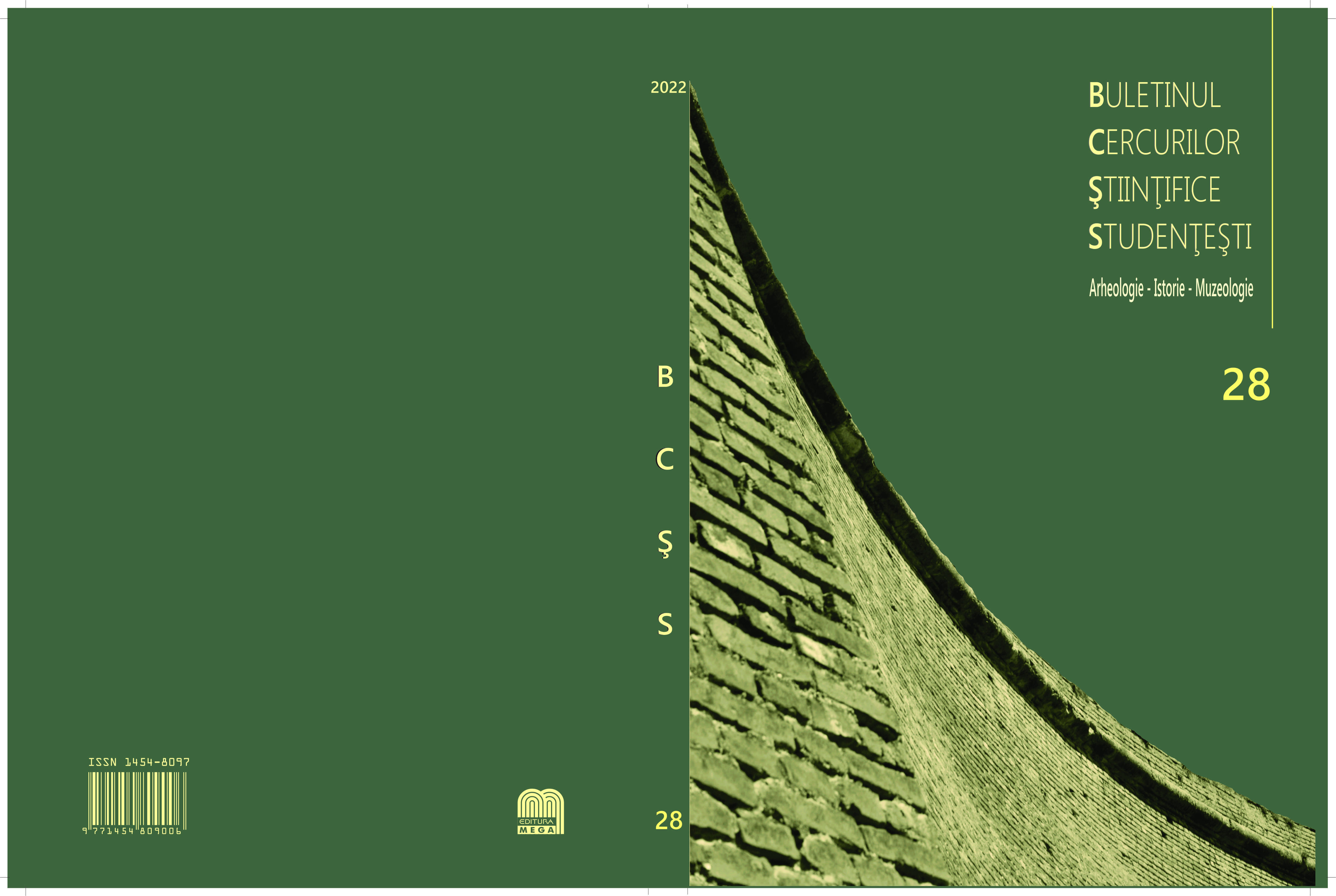REGELE FERDINAND ȘI PROBLEMA ȚĂRĂNEASCĂ (1916-1921) ÎN ISTORIOGRAFIA COMUNISTĂ
KING FERDINAND AND THE PEASANT PROBLEM (1916-1921) IN COMMUNIST HISTORIOGRAPHY
Author(s): Robert-Simion LucaSubject(s): Political history, Recent History (1900 till today), Special Historiographies:
Published by: Universitatea »1 Decembrie 1918« Alba Iulia
Keywords: agrarian reform; communist historians; historiographic evolutions and contradictions
Summary/Abstract: This study proposes an analysis regarding the positions of the communist regime’s historiography in the question of the agrarian reform from 1921 and the role of the monarchy inside it. A general view, often selective, could only exacerbate the stereotype regarding the fact that the communist historiography may have been exclusively antimonarchic. Several case studies had proven that the historical truth was able to find itself in what regards the role of Carol I in the Independence War, or even in the topic of the coronations. This study shows that the rehabilitations, even with the hidden intent to naturally uproot the monarchy from the collective mentality of the Romanian society, was able to tackle a subject that was criticized even by the socialists and the communists from its historical period. And, as we will notice, Nicolae Ceaușescu’s historians were not afraid to attack the communists that were linked with the International back in the 20’s, all while the same historians would recognize the role of King Ferdinand in what regards his promises made in the trenches of the Great War and even to the pressure he made in applying the agrarian reform (that was also recognized for its positive effects on the Romanian society).Thus, the expected results consist in the continued improvement of the (still in working) chronology regarding the position of the communist historiography in the matter of the monarchic institution, as well as pinpointing some grave mentality (and even historical) mistakes that are still haunting the contemporary historiography and the position of the mass-media in what regards the agrarian reform. Also, we will pinpoint several work methodologies of the communist historians and their continued adaptation, strongly linked with the positions of the Romanian Communist Party.The main sources consist of the general historiography of the regime (including authors like Vasile Liveanu, Georgeta Tudoran, Ion Bitoleanu, Gheorghe Unc, Ioan Scurtu, C.C. Giurescu, Damian Hurezeanu, Nicolae Dascălu, Dumitru Almaș, Aron Petric, Mircea Mușat, Ion Ardeleanu, Ioan Saizu or Ilie Puia), Revista de Istorie (Studii) [The History Journal (Studies)], Magazinul istoric [A Historical Magazine] and communist textbooks.
Journal: Buletinul Cercurilor Științifice Studențești
- Issue Year: 28/2022
- Issue No: 1
- Page Range: 108-126
- Page Count: 18
- Language: Romanian

